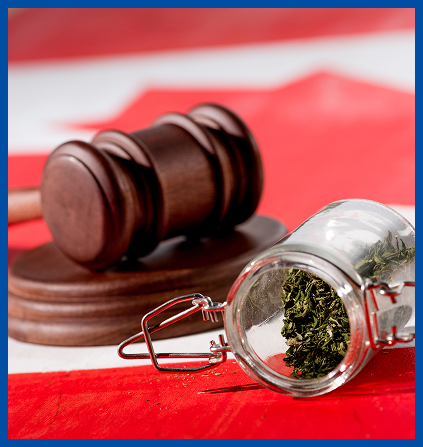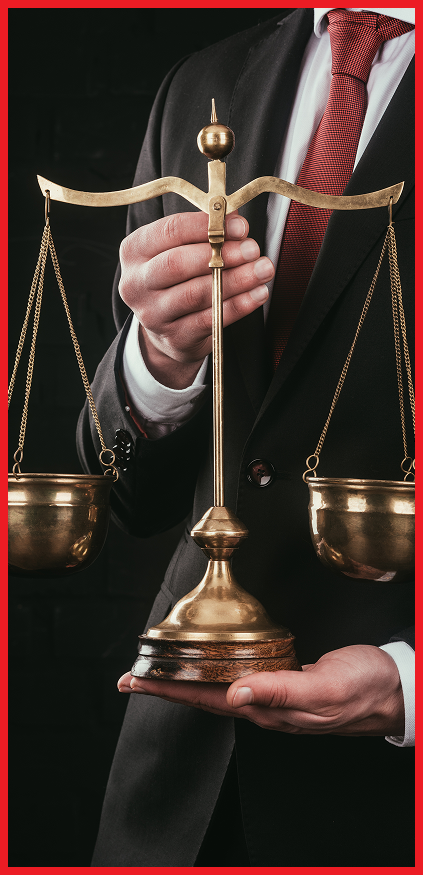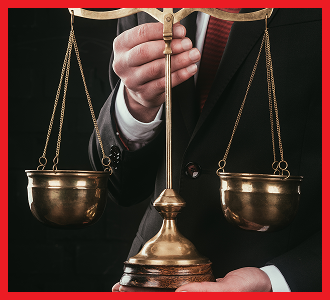- Recreational marijuana use is legal in New York for adults aged 21 and over.
- Smoking or consuming marijuana at work is prohibited.
- Employers can implement policies regulating marijuana use during work hours and on company property.
- Employees have legal protections against discrimination for lawful marijuana use outside of work hours.
Marijuana might be legal in NYC, but that doesn’t mean it’s fair game on the job. Can you light up on your break? Show up on the job after using? A lot of people are confused—and for good reason. Legal doesn’t always mean it’s allowed at work and getting it wrong could get you fired! If you’re not sure what’s okay, it might be time to take a closer look into the facts.
Can I get high at work? More and more employees are asking this question. In most cases, the answer is no. While cannabis may be legal in your state, that doesn’t mean lighting up during business hours or showing up impaired is allowed. Employers still have the right to expect employees to be sober and productive on the job and can enforce strict rules around drug use in the workplace, especially when safety or public trust is involved.
Knowing the difference between what’s legal and what’s allowed at work can help you stay employed and out of trouble. If you have questions about your rights or workplace protections, the team at Joseph & Norinsberg can help clarify how the law applies to your situation.
Cannabis Legalization and Laws
For most of the 20th century, both federal and state laws criminalized marijuana. The tide began to turn in the 1990s when California became the first state to legalize medical marijuana in 1996. Over the next two decades, dozens of other states followed suit.
Colorado and Washington made headlines in 2012 as the first states to legalize recreational use. Since then, public support for legalization has surged, and laws have gradually expanded to include both medical and adult-use cannabis across much of the country.
As of April 2025, 39 states, three U.S. territories, and Washington, D.C. have at least permitted cannabis use for medical reasons. Twenty-four of those states, along with the three territories and D.C., have gone even further and have fully legalized marijuana for both recreational and medical use.

New York Laws on Cannabis Use
New York is one state that has implemented broad cannabis reform. In March 2021, New York passed the Marijuana Regulation and Taxation Act, or MRTA. The law legalized recreational cannabis for adults 21 and over. Under that law, adults may possess up to three ounces of cannabis. Each household may also grow up to six mature and six immature plants.
However, the legality of marijuana doesn’t necessarily shield you from employment consequences, especially if your job is governed by federal law or company-specific policies. Marijuana use is akin to imbibing alcohol—it is legal but not usually permitted in the workplace. In the next section, we’ll take a closer look at how New York law treats marijuana in the workplace.
What Does the Law Say About Using Marijuana at Work in NY?
New York provides clear protections for employees who use cannabis legally during their personal time. Under the state’s Legal Activities Law, workers are shielded from employment discrimination based solely on lawful off-duty marijuana use.
However, these protections stop at the workplace door. New York Labor Law § 201-D gives employers the right to prohibit cannabis use during working hours and to maintain a drug-free work environment. If an employee is impaired while on the job or violates company policy, disciplinary action is usually allowed.
In other words, employers generally can’t fire New York workers for legally using marijuana on their own time. However, they may take disciplinary action against workers who show signs of impairment at work or violate a clear workplace policy, especially in safety-sensitive environments.
Take note of important additions to New York’s protections, particularly for workers in safety-sensitive positions or those governed by federal law.
Exceptions for Safety-Sensitive Positions
Some roles come with greater responsibility and stricter legal restrictions when it comes to cannabis use. Jobs that involve public safety, heavy machinery, or patient care typically fall into this category. In these safety-sensitive positions, both state and federal laws may limit or even prohibit marijuana use entirely, including off the clock.
Safety-sensitive jobs include the following:
- Drivers with Commercial Driver’s Licenses, or CDLs
- Health care professionals, such as doctors, nurses, and EMTs
- Construction workers
In many of these roles, federal law may override state-level cannabis protections.
Does the ADA Cover Medical Marijuana?
The Americans with Disabilities Act, or ADA, is a federal law that protects individuals with disabilities from discrimination and requires employers to provide reasonable accommodations. However, because marijuana remains illegal under federal law, courts have generally ruled that the ADA does not require employers to accommodate its use, even for medical purposes.
In New York, the Compassionate Care Act classifies certified medical marijuana patients as having a disability under state Human Rights Law. This law prohibits employers from discriminating on the basis of someone’s certified patient status or lawful off-duty use. However, New York employers are not required to allow on-duty use or tolerate impairment on the job.


Tips for Employees
Even with legalization, marijuana remains a sensitive subject in many workplaces. Some employers are adapting their policies to reflect current laws, while others maintain zero-tolerance rules regardless of state policy. Therefore, employees must strike a balance between their legal rights and workplace expectations.
Know Your Workplace's Policy
Read your employee handbook and learn your company’s rules about drug use, testing, and disciplinary procedures. Policies vary widely by industry and employer, so make sure you understand what is expected and ask HR for clarification if needed.
Don’t Assume Legality Means Workplace Permission
Just because marijuana is legal in your state doesn’t mean it’s allowed at work. So if you’re wondering, ‘Is it legal to smoke weed at work?’ the short answer is no. Employers can still prohibit on-duty impairment and maintain drug-free policies.
Be Responsible and Discreet With Off-Duty Use
Even legal cannabis use must be handled with care. Avoid drawing attention to it and make sure it doesn’t affect your performance. This includes being mindful of how cannabis use may linger in your system and never reporting to work under the influence.
Even if your usage is entirely legal and off the clock, you are still responsible for remaining professional, clear-headed, and fully compliant with workplace expectations.
Watch for Signs of a Hostile Work Environment
If co-workers or managers are making offensive comments or treating you unfairly because of your lawful cannabis use, it could be more than just unpleasant. It may constitute workplace harassment. If a hostile work environment is developing, document the behavior and consider speaking with HR or an attorney.
Talk to a Lawyer if You’re Disciplined or Fired
If you face consequences for lawful cannabis use, especially off the clock, whether through termination or a forced severance, obtaining qualified legal help can make a big difference. You may have more protections than you think.
Ultimately, the key is to stay informed and act responsibly. By understanding your rights and your workplace’s expectations, you can avoid missteps and protect yourself from unnecessary disciplinary action or job loss.


When Should I Seek Legal Help?
At Joseph & Norinsberg, we help employees understand and assert their legal protections. If you’ve been treated unfairly because of marijuana use, especially if it was legal and off the clock, you may have a valid legal claim.
Consider speaking with an employment attorney if you are dealing with any of the following:
- Wrongful termination for off-duty cannabis use
- Drug testing disputes
- Disability-related medical marijuana issues
- Harassment or discrimination based on cannabis use
A highly skilled, tenacious employment lawyer can help you understand your rights and whether your employer may have crossed the line. Do not wait until things escalate.
If you have questions or need help, contact us online or call 212-227-5700 today for a free consultation.
